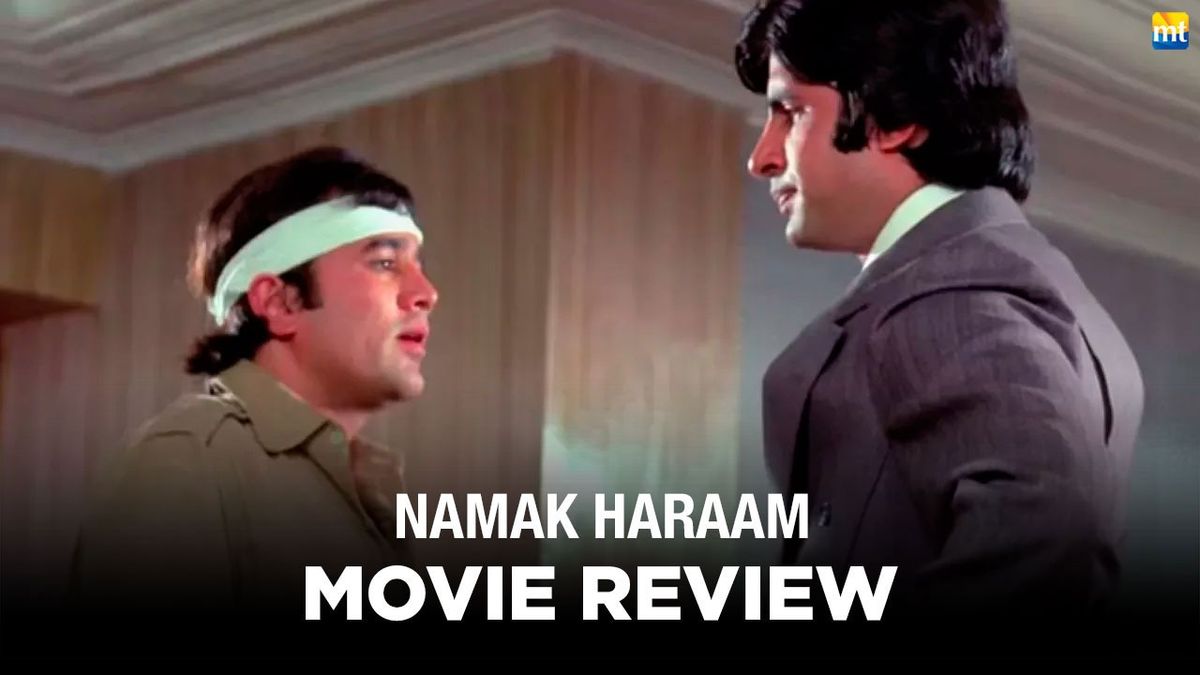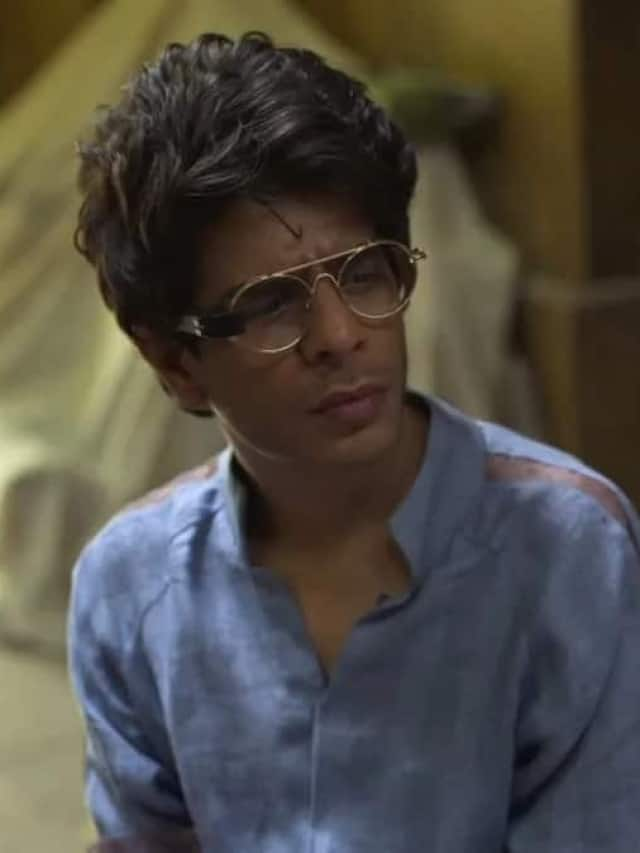
Before theatrical release, how did Homebound become India’s official entry to the Oscars? – Beyond Bollywood
Film Federation of India president Firdausul Hasan explains the reasons, while jury members Rajiv Vijayakar and Abhishek Jain highlight why the Karan Johar–produced film was a unanimous choice, despite Homebound not winning any awards at the Cannes International Film Festival.
By Mayur Lookhar
Another year, another round of selection, and as always, only one film is chosen to represent India at the Oscars. And as always, there’s never a dearth of debate around it. To be fair to the Film Federation of India, this year they kept things democratic, even holding a press conference a month ago to explain the due process. The system is simple: producers who believe their film is worthy of representing India at the Oscars submit it to the FFI for consideration. The jury then views all the submissions and selects one.
This year the Film Federation of India jury, headed by veteran filmmaker N Chandra, picked Dharma Productions’ Homebound as India’s official representation to the Oscars. Helmed by Neeraj Ghaywan, the film stars Ishaan Khatter, Vishal Jethwa and Jahnvi Kapoor. The film based on a New York Times article by Basharat Peer from 2020.
Homebound, which premiered at the Cannes International Film Festival and was also screened at the Toronto International Film Festival, is slated for release in India on 26 September. A select media screening was held on Friday, 19 September, and later that evening news broke that Homebound had been chosen as India’s official representation to the Oscars, where it will compete in the Best International Feature Film category. A press conference by the producer is scheduled for Monday, 22 September, in Mumbai
Homebound being picked for the Oscars is naturally special for Karan Johar, who, 12 years ago, was left disappointed when his co-production The Lunchbox (2013) lost out to the Gujarati film The Good Road (2013), despite all the hype.
“We are deeply honoured and humbled that Homebound has been selected as India’s official entry to the Academy Awards. Neeraj Ghaywan’s labour of love is sure to a find a home in a million hearts across the world” Johar said in a statement.
Meanwhile, Neeraj Ghaywan stated “I’m deeply honoured that Homebound has been chosen as India’s official entry to the Oscars. Rooted in the love for our land and our people, it carries the essence of the home we all share. To take our stories to the world and represent India at one of the biggest global stages for cinema is both humbling and a matter of pride, and for this I’m extremely grateful.”
Congratulations to team Homebound, but as always, there is plenty of chatter. For us, though, one detail stood out. During the FFI press conference in August, president Firdausul Hasan, while explaining the process, had clearly stated that for a film to be considered as India’s official Oscars representation, it must be released between 1 October 2024 and 30 September 2025, submitted within the deadline period, and have at least a one-week theatrical run, anywhere in the world.
Homebound premiered at the Cannes International Film Festival and was later screened at the Toronto International Film Festival. But does a festival release count as a theatrical release? If not, it raises the question: how could the FFI jury select a film that has yet to be released theatrically in India, or anywhere else in the world? The film is set to hit theatres next week, but choosing it before its theatrical release raises questions.

Putting all such doubts to rest, FFI president Firdausul Hasan told Beyond Bollywood, ‘Yes, you are right. But if a producer provides an undertaking that their film will be released on a specific date, it becomes eligible for selection. In this case, the producers submitted an undertaking that Homebound would release on 26 September, and only then did the jury consider it for selection. The film’s release on 26 September, also falls well within the eligible timeframe.”
Reportedly, 24 films were under final consideration. Though not officially confirmed, other films reportedly in contention included: I Want to Talk, Tanvi The Great, The Bengal Files, Pushpa 2: The Rule, Kesari Chapter 2, Superboys of Malegaon, Sthal, Kannappa, Meta The Dazzling Girl, Sabar Bonda, Dashavatar, Vanvaas, Paani, Gandhi Tatha Chettu, Aata Thambaycha Naay, Kubera, Boong, Sankranthi Vasthunann, Humans in the Loop, Jugnuma, Phule, Veera Chandraharsa and Pyre
The jury headed by N Chandra, consisted eminent members from film and media industry. The other members of the jury were Ranbir Pushp, Angelica Monica Bhowmick, Abhisek Jain, Surinder Singh, Ratnottama Sengupta, Apurva Motiwale, Akshay Kumar Parija, Suresh Urs, Thmmareddy Bharadwaj, Aimee Baruah, RV Uthayakumar, Rajiv Anchal and eminent journalist Rajiv Vijayakar.
Buzz is that the final choice was down to two films, but neither Firdausul Hasan nor the jury members we spoke to revealed the particular details. Hasan, director Abhishek Jain, and Rajiv Vijayakar, though assured that Homebound was the unanimous choice by the jury.
Commenting on what tipped the scales in favour of Homebound, Rajiv Vijayakar told us, ‘Most of us thought that it (Homebound) was not only a better film, but the Oscars is not something where you choose just the best film, otherwise, we would have won so many Oscars. You have to consider its potential to connect with the audience there, and also its potential to promote there. These factors ultimately tilted the balance in favour of Homebound.’
Vijayakar assured that all due deliberation and democratic procedures were followed, with no outside pressure on the jury. ‘As our chairman (N. Chandra) said, we are not judges here, but coaches. We are schooling the film to reach greater heights. There was nothing controversial, no pressure from anywhere. It was just a unanimous decision,” added Vijayakar.

Echoing the same, filmmaker Abhishek Jain said, ‘All the films were competitive and spanned multiple languages. I think I can speak on behalf of the other jury members as well: Homebound felt very personal and was a highly engaging piece of cinema. It deals with many layers and societal issues that can be brought forward. It’s also a universal subject. We felt that if this film is chosen, it would be a strong representation of India and has the potential to soar high. Homebound has the possibilities of gaining the right traction and capturing the attention of people at the Academy.”
A select media screening, then the Oscar announcement, a press conference and film releasing next week. Everything’s happened just so quickly with Homebound, that you wonder one hasn’t rushed into making a critical decision.
Both Jain and Vijayakar clarified that nothing was rushed and all due processes were followed. The jury watched 24 films over the past 8–9 days, all in the same auditorium but seated separately to avoid being influenced by each other’s opinions. After that, the jury discussed the film, shared their views, and the final selection was made through a democratic voting process, with nothing done haphazardly.
Watching three to four films back-to-back can make it difficult to keep track, but Jain and Vijaykar revealed that they viewed Homebound two or three days ago, and it was not the final film watched by the jury.
The country will watch Homebound when it releases next week, and it is bound to spark many opinions. One pertinent question, however, is likely to be raised. Homebound competed in the Un Certain Regard section at Cannes and was the second runner-up for the International People’s Choice Award at the Toronto International Film Festival. Though it received a standing ovation at Cannes and acclaim at TIFF, it has not yet won any major awards. As seen in the past, films that perform well, or even make it to the final nominations, at preceding prestigious International film festivals often have a strong chance at the Oscars. Did the FFI jury consider these factors before selecting Homebound as India’s official representation to the Oscars?
Sharing his views on this, Abhishek Jain said, “Many films get screened at various festivals. A film may win at some festivals but not at others. Our responsibility is simply to select India’s representation.”
He added, “This filter, whether a film was unrewarded at Cannes or elsewhere, does not apply while choosing India’s representation. It doesn’t factor into our decision-making.”
The FFI president echoed the same, clarifying that the jury does not consider any external factors; they simply watch the films and judge them purely on their merit.
Opinions will naturally be divided, but this is all part of the process. Hasan summed up the debate with a simple cricketing analogy: “From a nation of 140 crore people, only 11 get to play on the cricket field. There are always players on the bench who don’t make it to the 11. There it’s 11, but here we have to select just one film from the many submissions.”
India’s official representation to the Oscars is a never-ending debate and will come around again next year. But as always, once a film is selected, we as citizens must support it wholeheartedly. We wish Neeraj Ghaywan and Dharma Productions the very best for Homebound.
Watch the video story below.
Publisher: Source link



